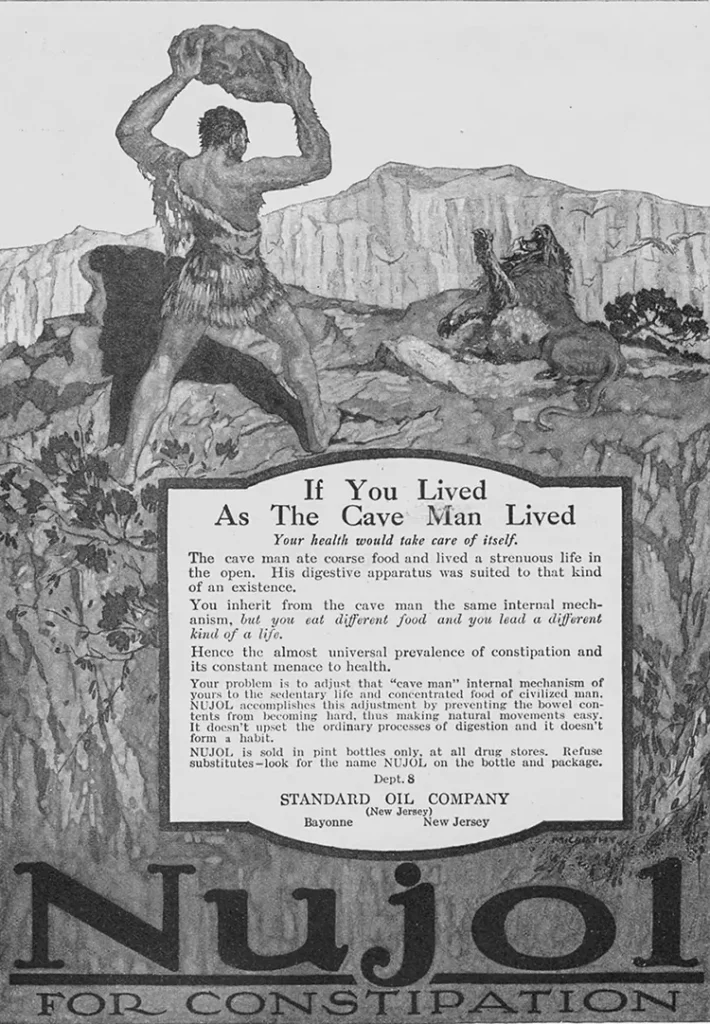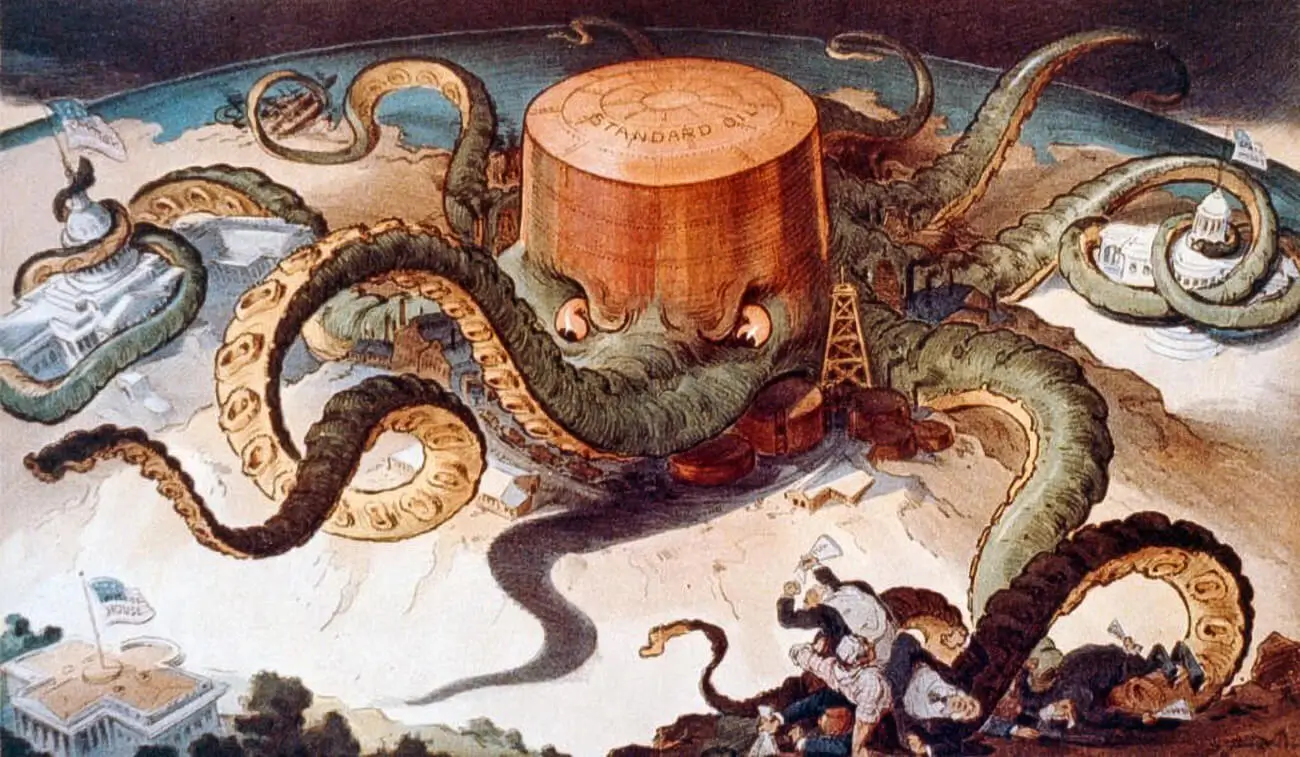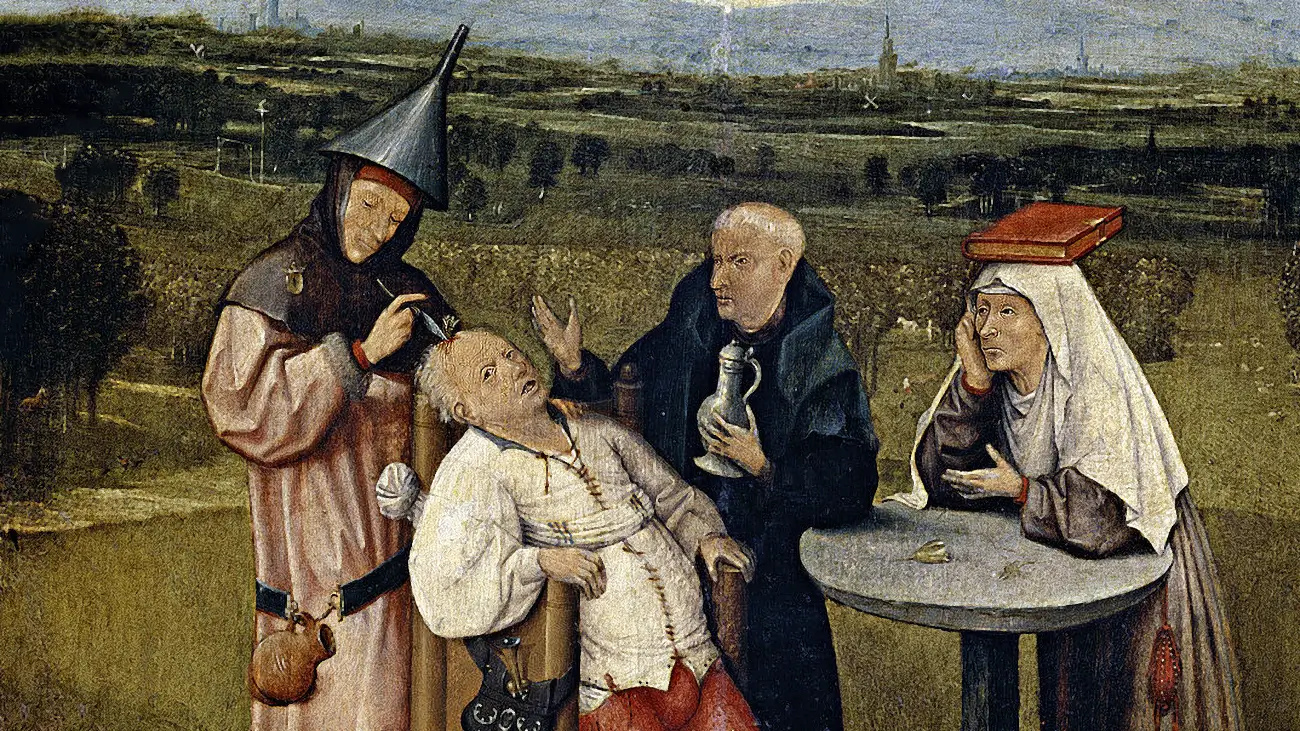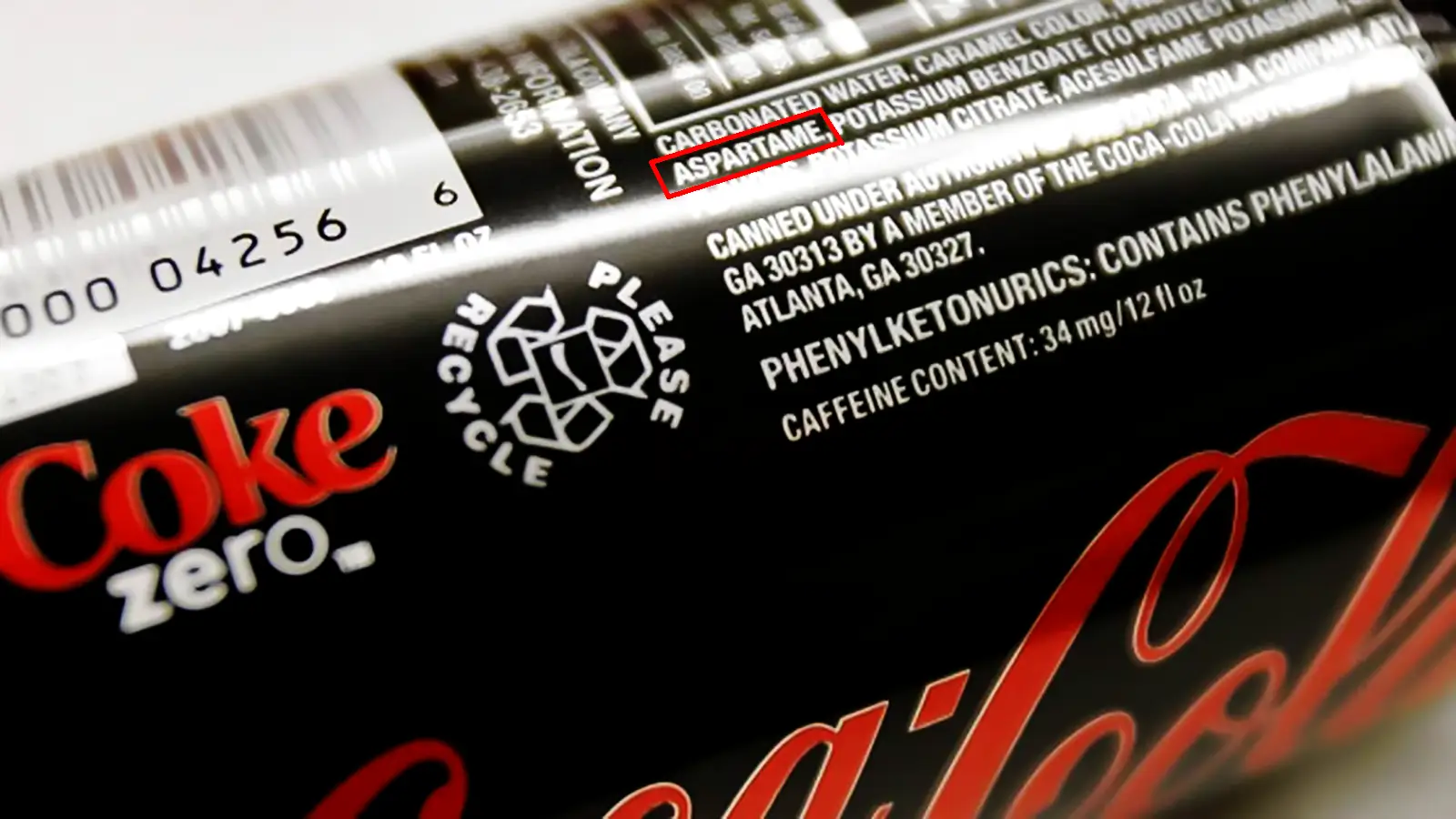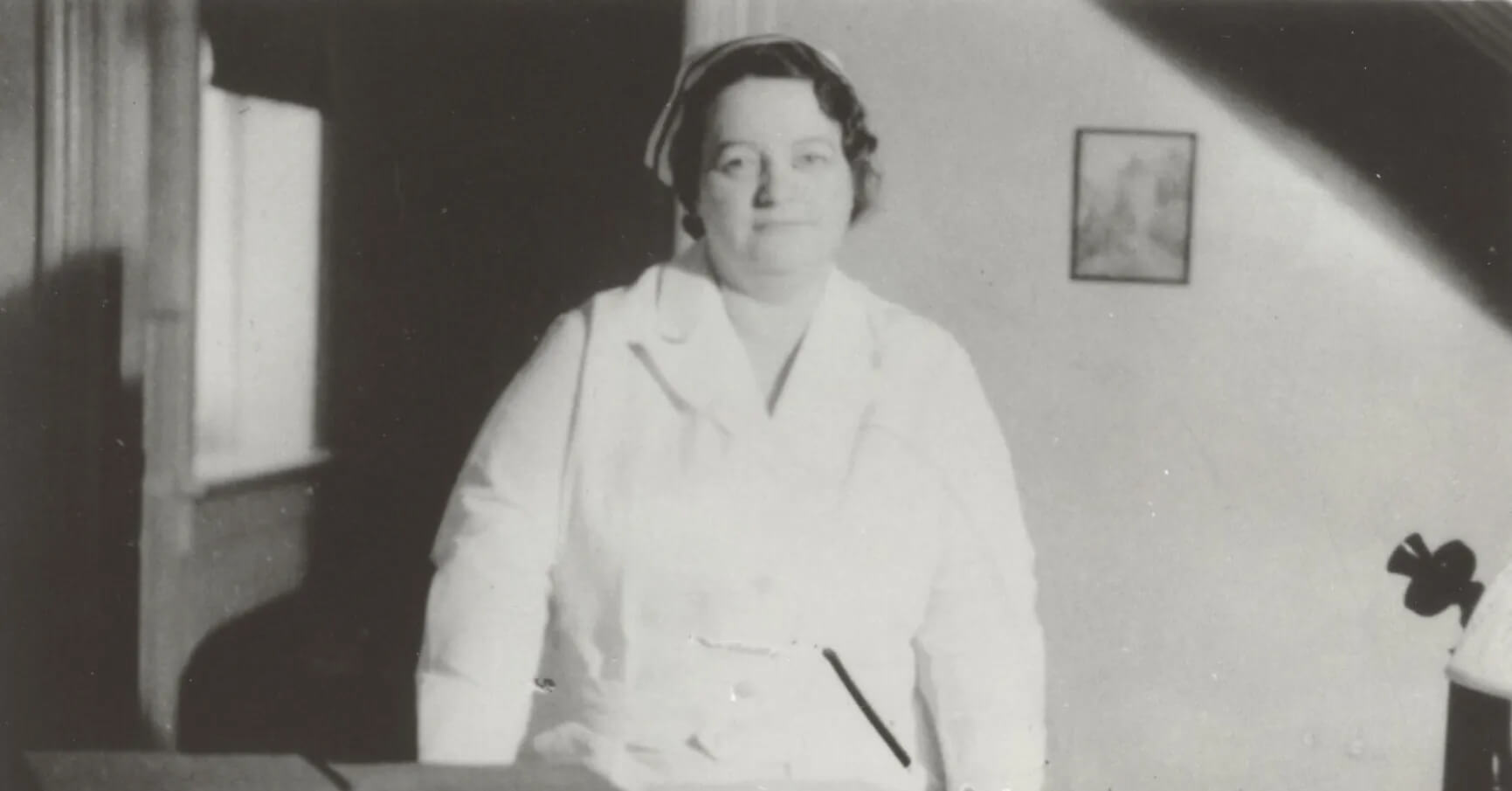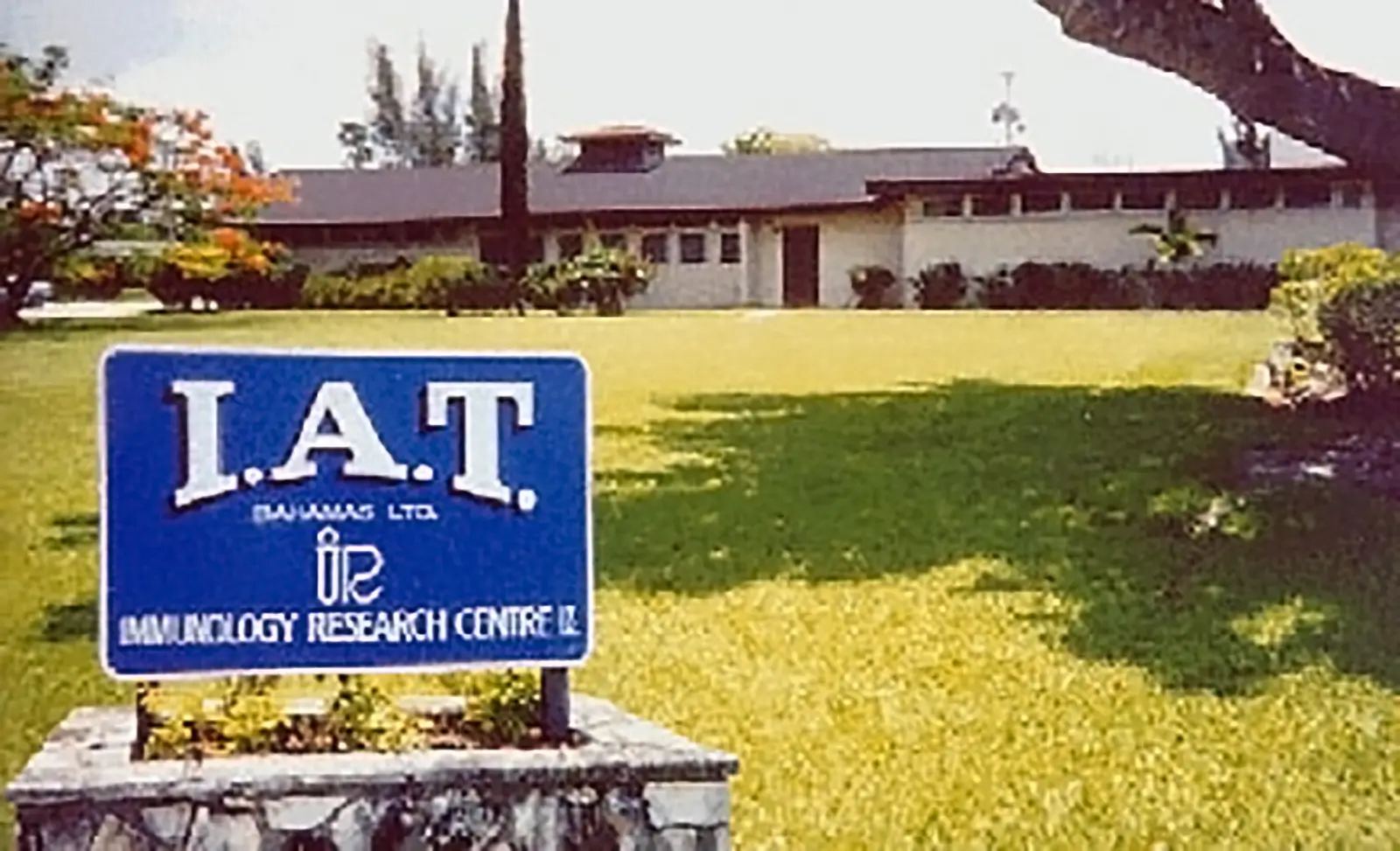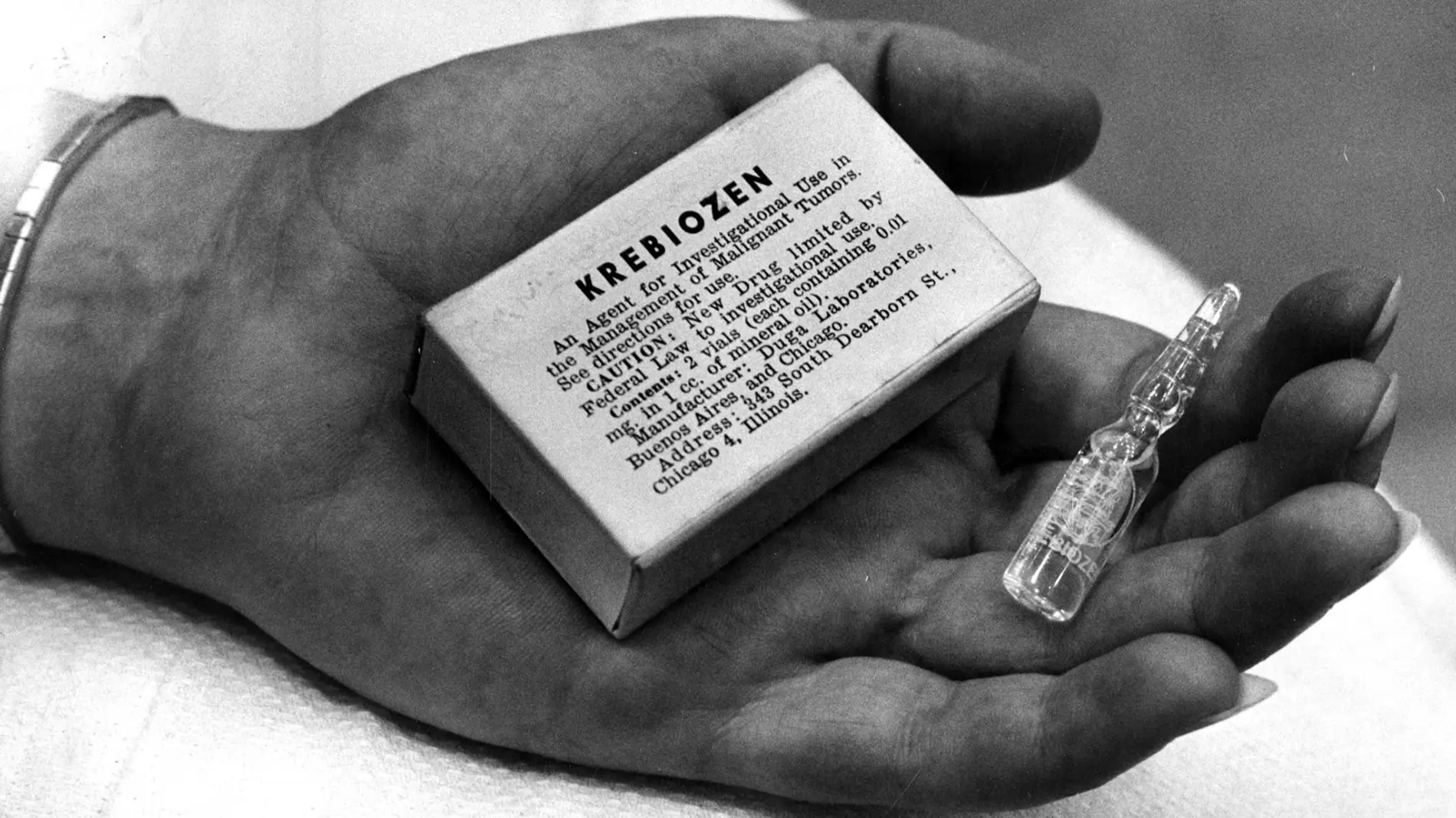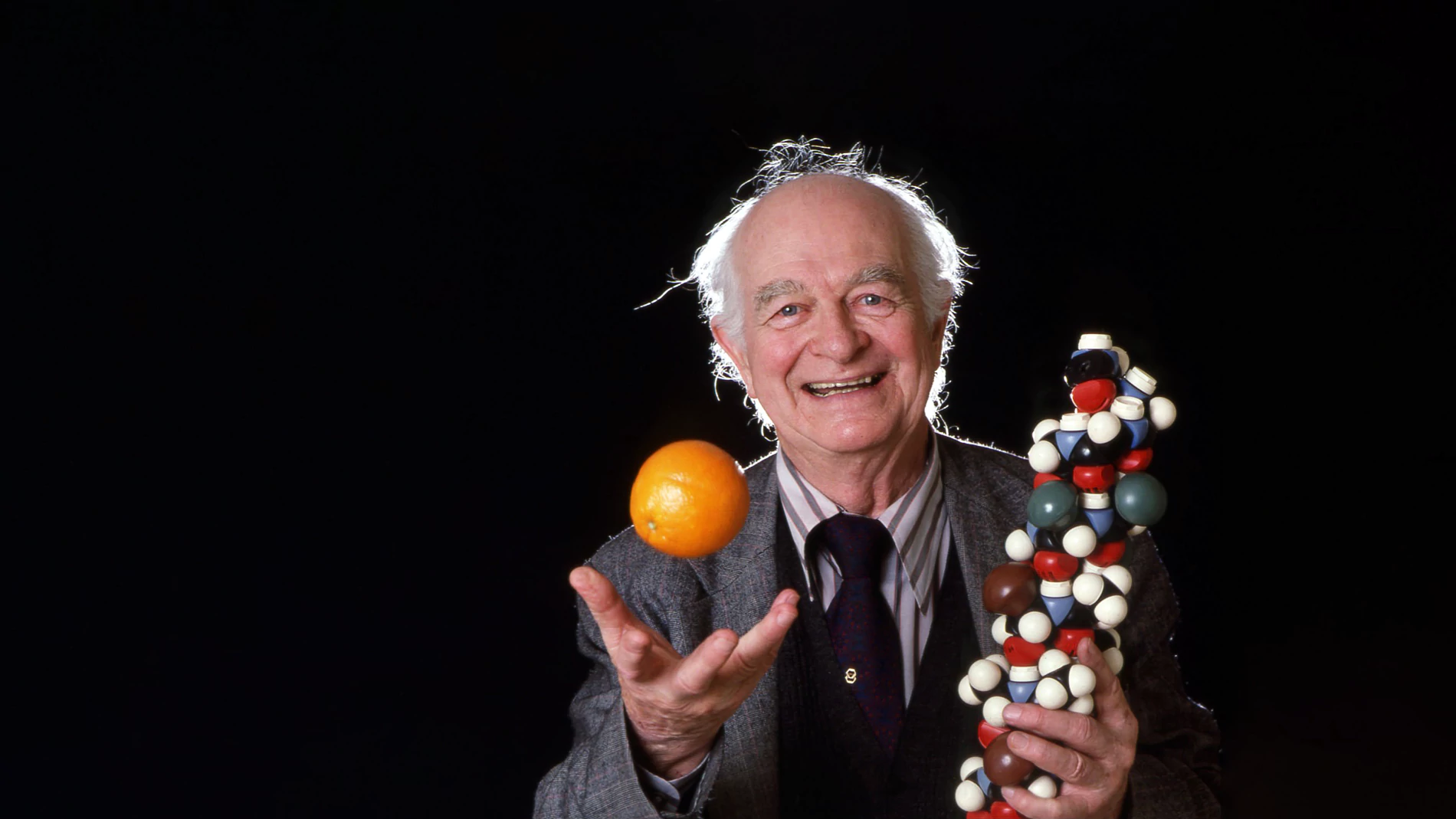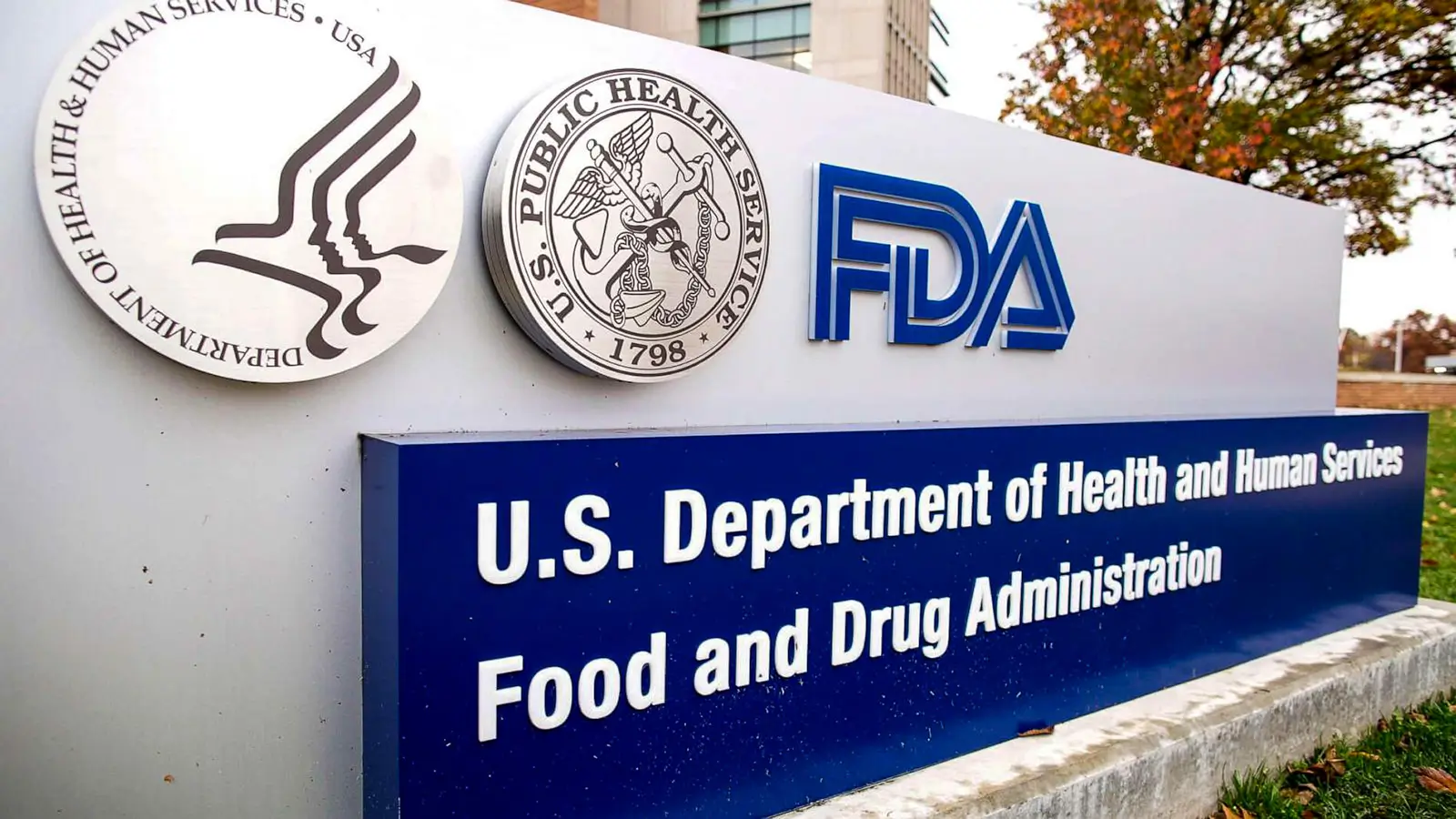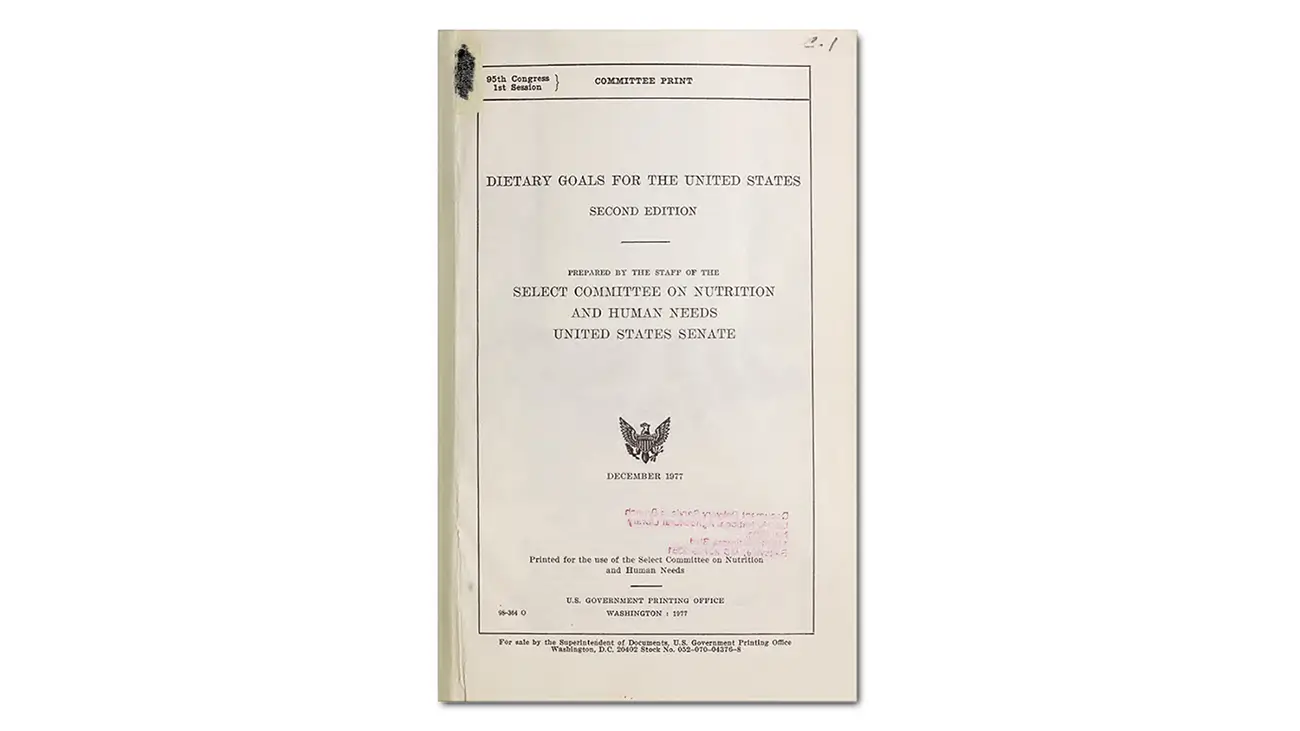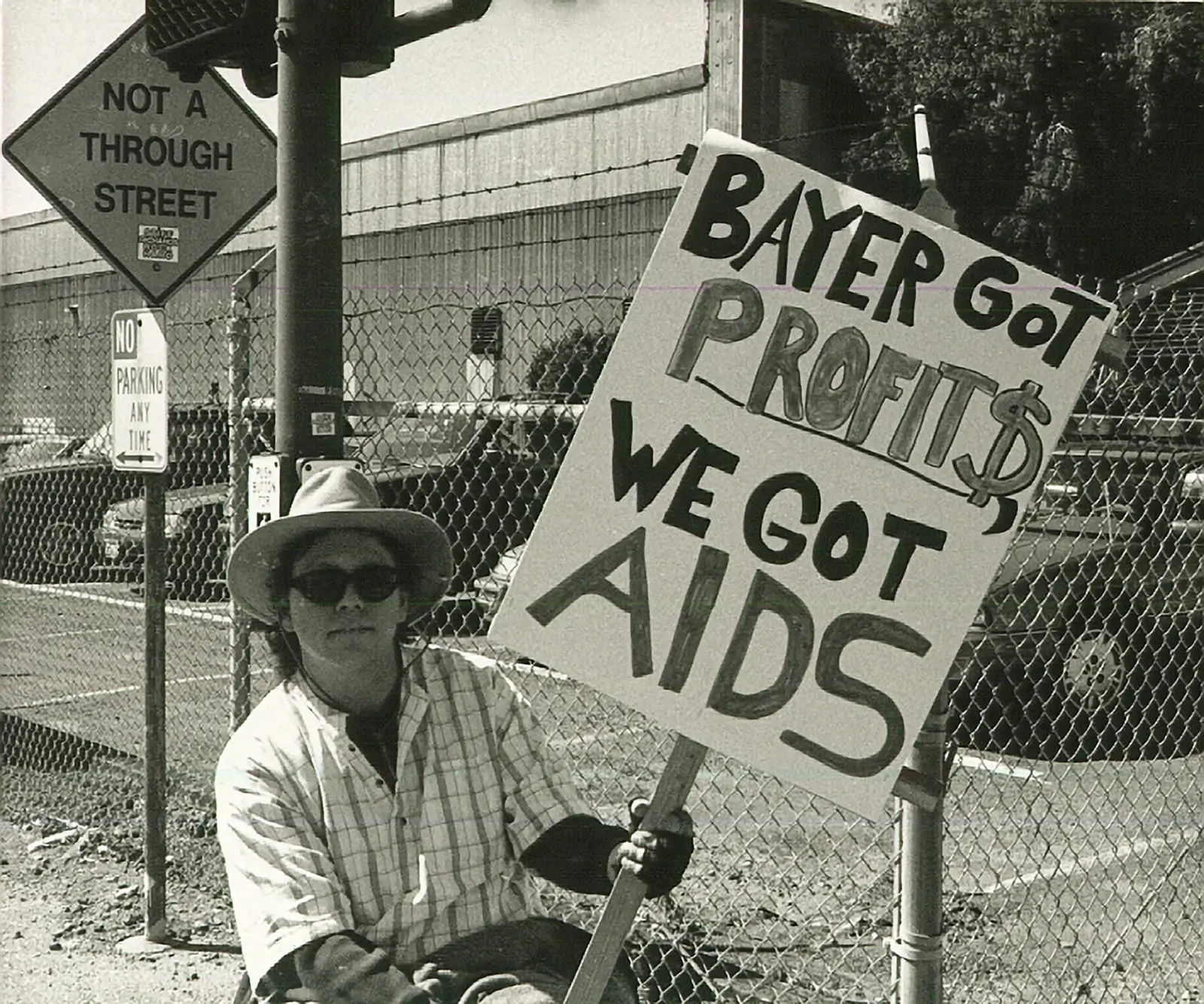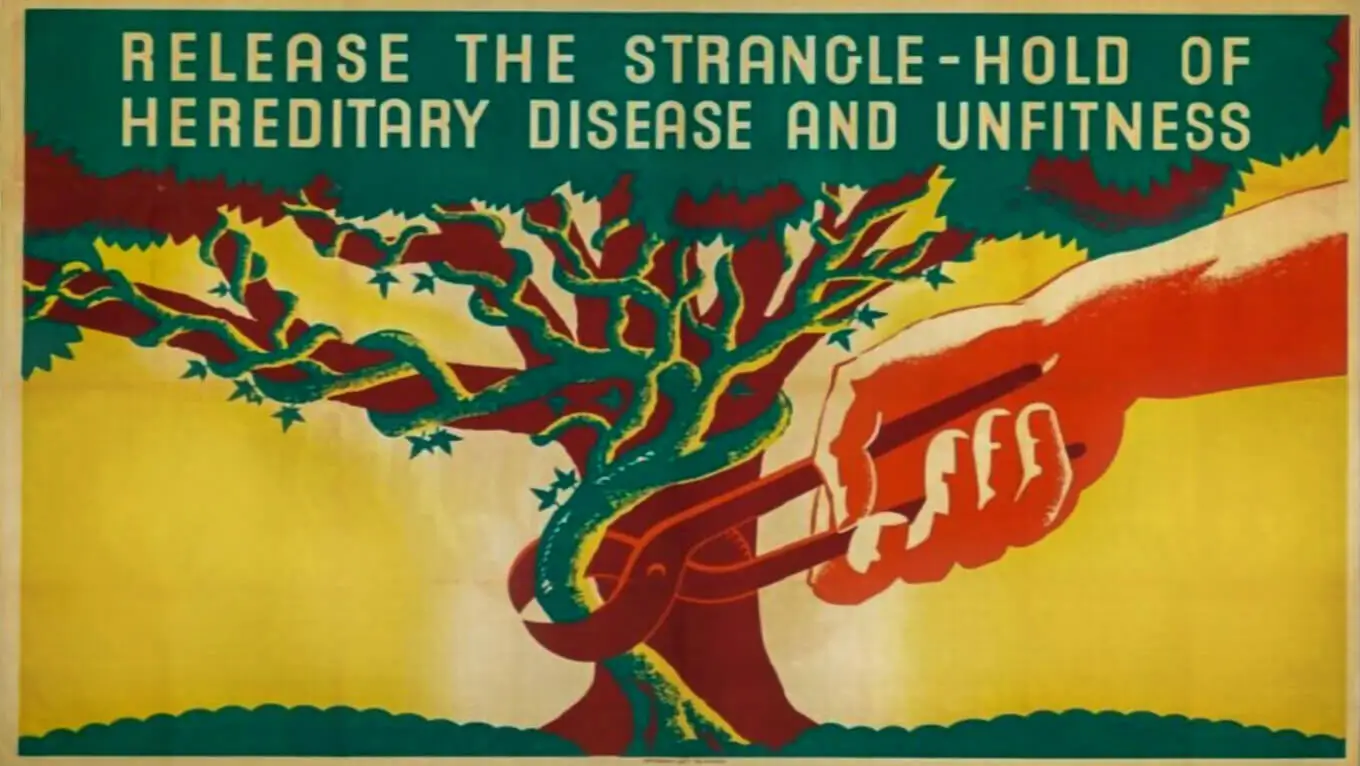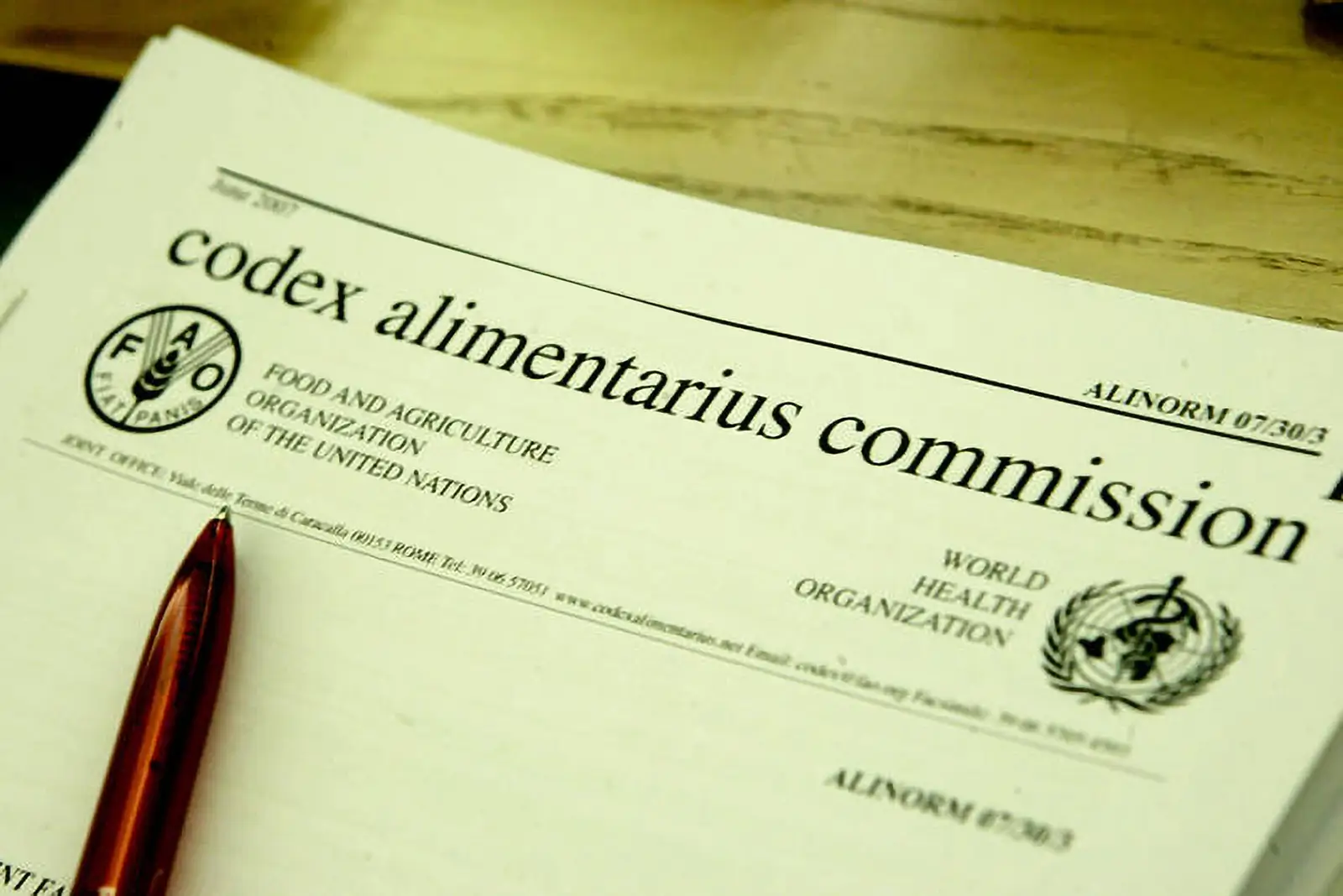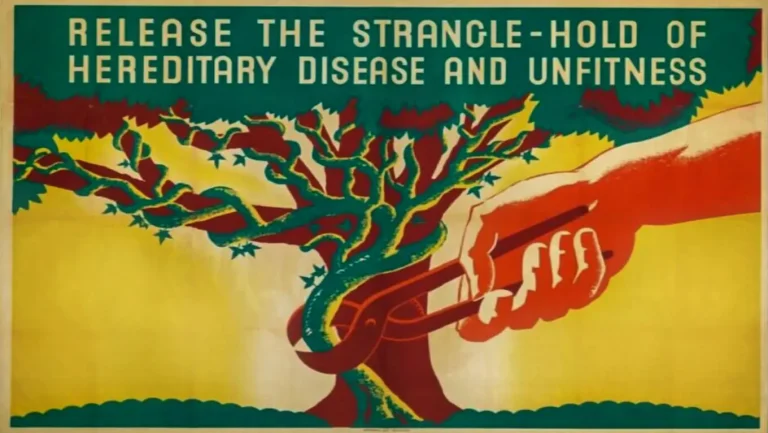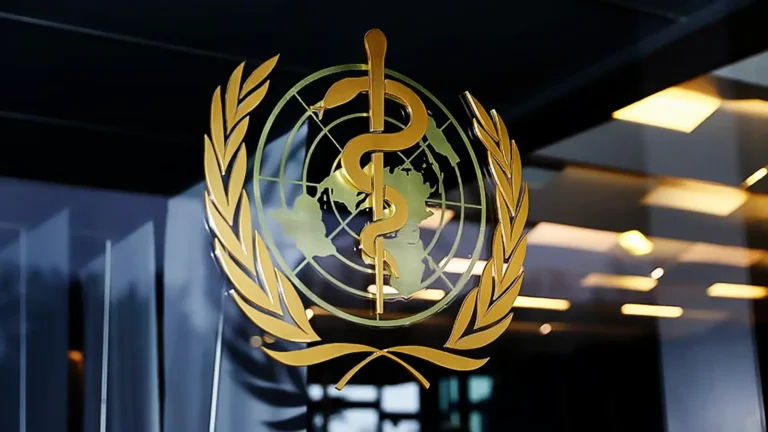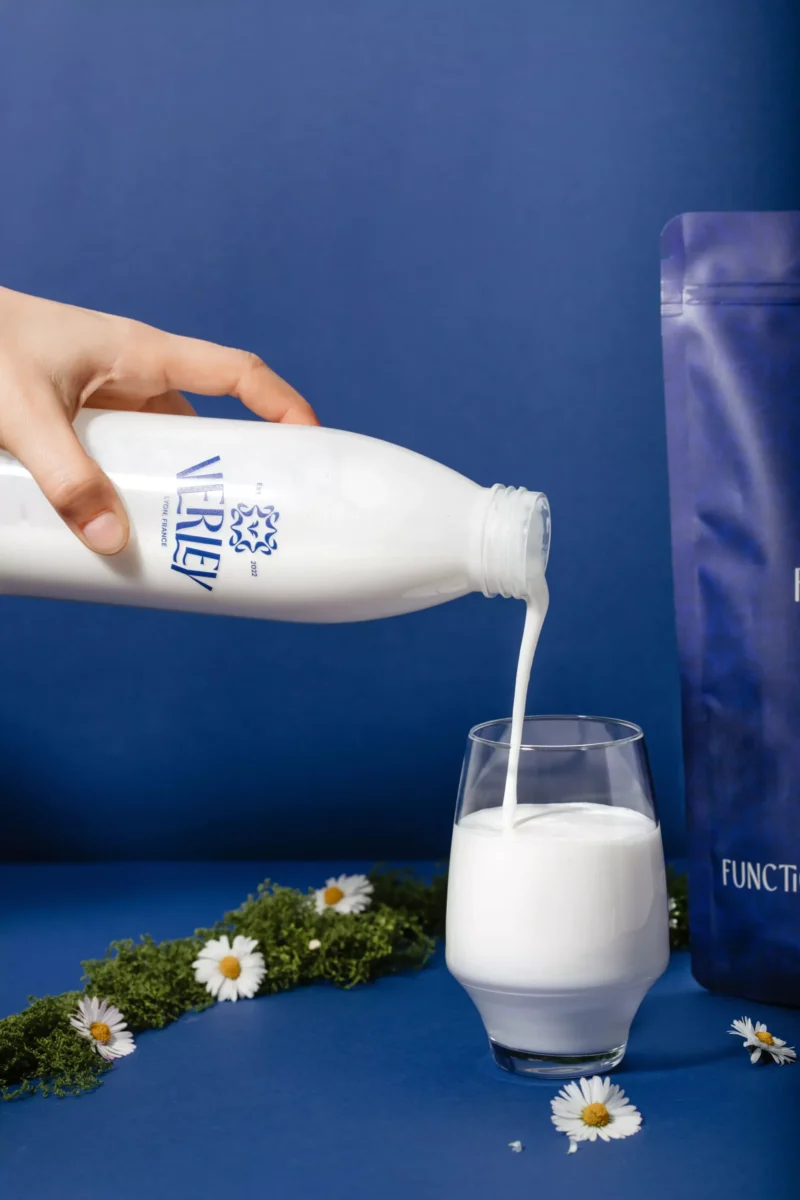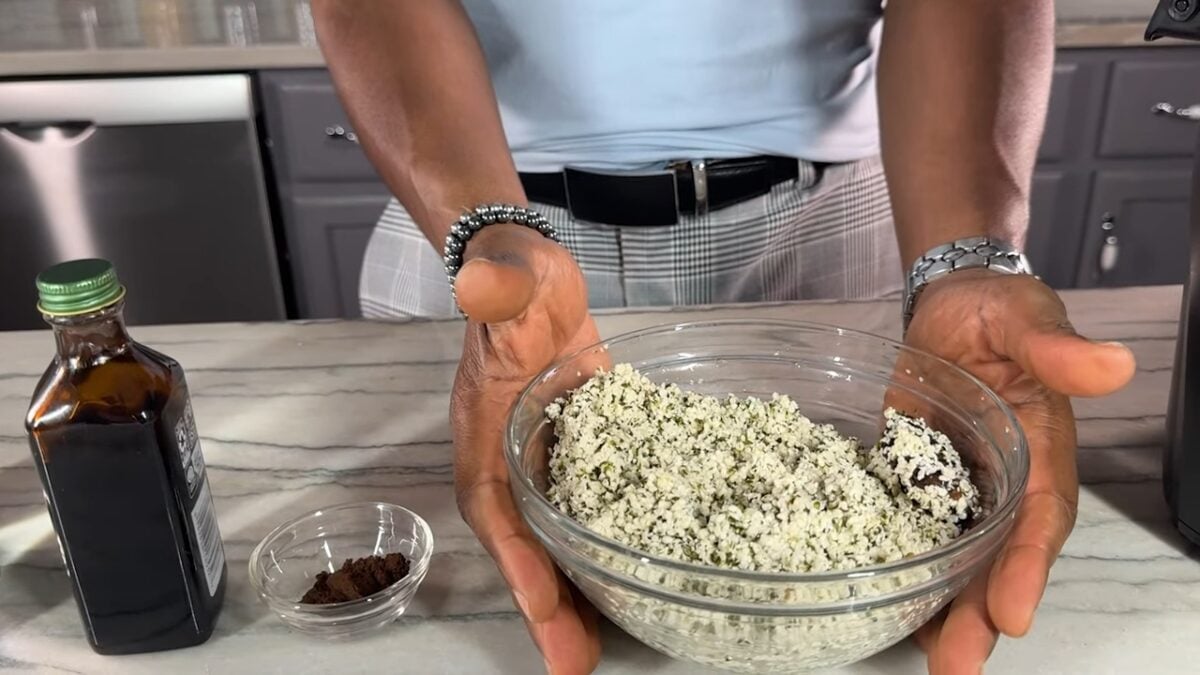The tale of Big Pharma- The Rockefeller Family
The Rockefeller family privatized the medical industry in the United States at the beginning of the 20th century. From that time onward, Big Pharma giants never stopped expanding.
Milos Pokimica
Written By: Milos Pokimica
Medically Reviewed by: Dr. Xiùying Wáng, M.D.
Updated June 9, 2023The companies that make up the pharmaceutical industry are one of the largest corporations in the world and to a great extent owned by the same people that own the big international corporations and banks, and other large industries. They are not separate entities. They are one level of multiple levels of the larger industry owned by a small number of individuals.
The tale of Big Pharma is the exact same as the story of Big Government, Big Oil, Big Agri-Chem Giants, Big Heavy Industry, Big Military Industrial Complex. The governing stockholders of all those main industries are exactly the same people. Big Money is coming from the global central banking cartel that owns and operates all the Fortune 500 companies.
The Rockefeller family privatized the medical industry in the United States back at the beginning of the 20th century, and from that time onward, it never stopped spreading through the entire world. The real history of the last couple of centuries is that there is a central monopolistic ruling elite made out of a handful of these oligarch families, primarily from Europe and the United States, that have been influencing governments and instigating wars to ruthlessly consolidate and maximize both power and control over the resources (especially oil) and entire global population. Big pharma is just one part of it.
Big Pharma’s top eleven companies made net profits in just one decade from 2003 to 2012 of nearly three-quarters of a trillion dollars, and that’s net profit alone not sales. Most of those biggest pharmaceuticals are headquartered in the US – including the top four, Johnson & Johnson (#39 on Fortune 500 list), Pfizer (#51), Merck (#65), and Eli Lilly (#129) along with Abbott (#152) and Bristol Myers Squibb (#176).
In 2014, total pharmaceutical revenues worldwide exceeded one trillion U.S. dollars for the first time.
Big Pharma sometimes outright owns and largely controls today’s most prominent medical journals, and mainstream media is owned by the same people too, spreading false propaganda, disinformation and lies is common practice. Similar to shady personnel moving seamlessly in and out of governmental public service to think tanks to universities to private law to corporations to lobbyists, the same applies to heads of the FDA moving to and from Big Pharma.
Unfortunately, the government has been taken over by special interests and not today but more than 100 years ago. First Rockefeller, Morgan, and Carnegie gained control of the teaching system. Then they gave AMA the power to exclude all of the empirics and doctors who they do not like from practicing. Then took over the entire drug testing process by heavily influencing medical publication that reviews those drugs and has control of the regular media. Finally, they extended their control over FDA that supposed to verify those drugs’ safety and efficacy. Actually, it started more than 100 years ago.
Standard Oil Co. Inc. was established in 1870 by John D. Rockefeller. At that time it was the biggest oil refinery in the world. Rockefeller was a psychopath, a supporter of capitalism that lowed social Darwinism or just lowed to use it as a justification. He was often quoted as saying:
“The growth of a large business is merely the survival of the fittest.”
Soon after the discovery of oil in Titusville, Pennsylvania, the 24-year-old Rockefeller joined the oil business. First in 1863 by investing in a Cleveland refinery. In 1870, he created the Standard Oil Company of Ohio with his younger brother William, Henry Flagler, and some additional investors. He made a secret agreement with railroad monopolists producing a large amount of oil to achieve economies of scale. With a neverending supply of money from Bank of Clivlened (this is his entire secret of success, Bank of Clivlened was a front for Rothshield Banking Syndicate in the U.S.) and secured railroad deals he rapidly managed to intimidate all the rivals to buy them out. Standard Oil finally dominated 90 percent of the market of the U.S. Ten years later he moved the central Standard Oil’s headquarters to New York City where they had their own political lobbyist and governors in place. Because of this monopoly that is spreading from banks to oil to everywhere, the U.S. Supreme Court ruled that Standard Oil in 1911 gets dismantled because it violated federal antitrust laws. The company was dismantled into 34 separate companies. However, Rockefeller was still the owner of them all. This, in reality, did nothing. Some of these companies later became Chevron, Amoco, Conoco, and ExxonMobil.
What happened was that dismantling them made more money because combining individual worth of them all actually worth more than Standard Oil itself. Some of them tripled in value in the early years making Rockefeller the first publicly recognized billionaire with a fortune that was equal to 2 percent of the entire U.S. economy. In time company diversified, even more, and became like an octopus but the owner was still Rockefeller. We might have Fortune 500, and it might look like there are many companies on the free market, but the owners are still the same just this time in secret. And today it is on the global level. We are going to analyze here just the petrochemical business that connects Rockefeller (Rothshield Banking Syndicate) with medicine.
His own father William Avery Rockefeller was a snake oil salesman. He even posed as a deaf and mute peddler with miracle herbal remedies. He was dubbed “Devil Bill.” He also posed as an eye and ear specialist Dr. William Levingston. In 1885 he even secretly married another woman besides the first one that fathered John. John never publicly acknowledged his father’s bigamist life. In fact, if we look with little more detail in his biography, we will see that he was a notorious horse stealer and conman of every kind, which spend most of his money in bordellos. Because of a number of indictments, he constantly was moving from town to town. He also raped a hired girl in 1849 for which he was indicted. Most of his money he made by selling his miraculous cancer cure and from another product named “Wonder Working Liniment“ which he sold at two dollars for the bottle as a laxative. It consisted of crude petroleum from which lither oils had been removed so what was left was a heavy solution of lube oil, tar, and paraffin. He passed away at the age of 95 in Freeport, Illinois. However, he also was never buried there. He was buried in an unmarked grave as Dr. William Levingston. This “Dr.” had made it possible for “Devil Bill” to sell his elixir for many diseases. In that period there were many diseases especially because of bad hygiene and alcohol abuse. So what was his miraculous cancer cure of magic?
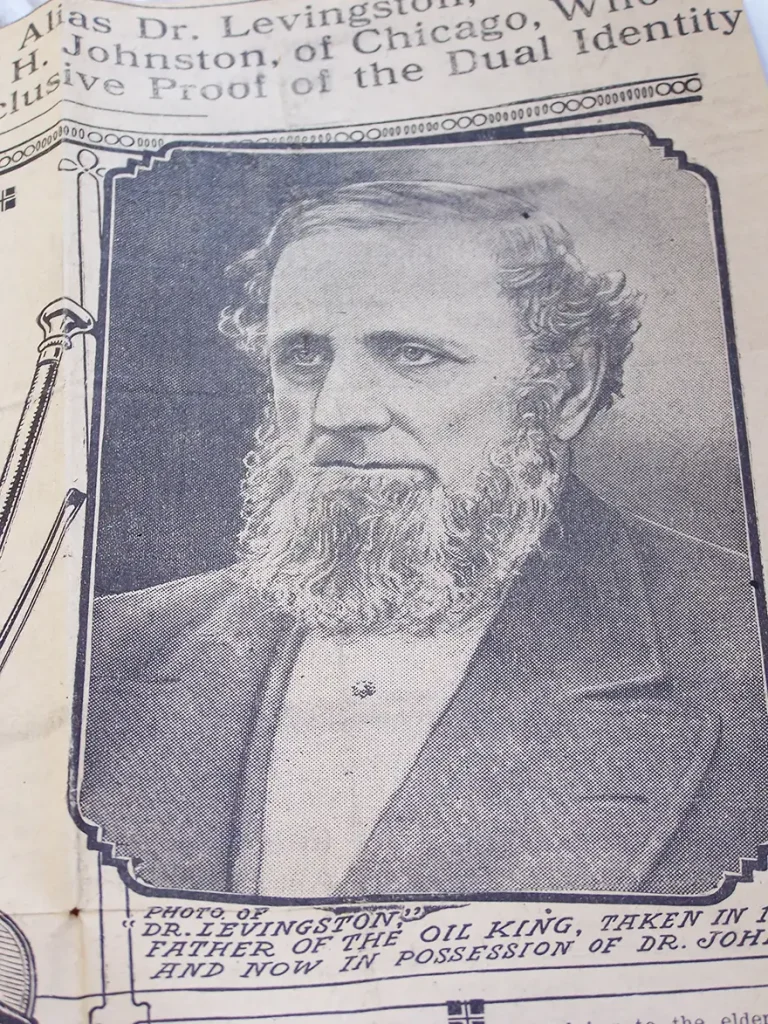
It was just stone oil known as petroleum. It was found in salt wells at Tarentum near Pittsburgh. The owner of the land named Samuel Kier at first simply dumped the useless oil into the nearby Pennsylvania Main Line Canal, but after an oil slick caught fire, he saw a way to profit from this otherwise worthless byproduct. He starts to collect the oil in bottles and sell it as a patent medicine charging $0.50 per bottle. He named it “Rock Oil” and later “Seneca Oil.” Seneca was an Indian tribe. One of the first wholesale traders who started to buy this oil from him was “Devil Bill,” William Avery Rockefeller. Kier later established America’s first oil refinery in Pittsburgh. Nevertheless, the best marketing of this oil was done by Dr. William Levingston, the “famous expert in the field of tumors.” He was pushing the product as a cure for all tumors if the disease was not too far advanced. The same sentence you will hear today in modern oncology. “Devil Bill” was able to sell one bottle of the stuff for 25$, and in that time that was the two-month salary of the average worker.
His son John continued his father’s business. Standard Oil had begun to manufacture one more “miraculous” cure from oil, which was in sales until recently. It was the type of oil that was used as a laxative. As same as before it was made of crude petroleum from which lither oils had been removed so what was left was a heavy solution of lube oil, tar, and paraffin. In Standard Oil, they packed this in small bottles and named it “Nujol.”
It was manufactured by Stanco Incorporated in Jersey as part of Standard Oil. The second chemical Stanco was producing was the insecticide FLIT.
Even in the beginning, there were no differences between the oil industry and the chemical industry, and the medical industry.
It was the same company under different names. No Fortune 500. Only Fortune 1. In reality, it did not matter to the “Devil Bill” or his son John that the oil that they are selling is an actual poison as long as they made money out of it. In the same factory, they had been manufacturing both insecticide poison FLIT and oil sludge cure elixir Nujol for human consumption.
Nujol was very dangerous because it was leeching the minerals out of the body because it was well known the fact that mineral oils create mucus that outlines the intestines preventing the absorption of water. Just as mineral oil limits the absorption of water through the intestines, it can also interfere with the absorption of other nutrients especially minerals and also medicines, and vitamins. Mineral oil may cause diarrhea, leading to dehydration and nutrient loss and it was especially that property that was utilized as a laxative. Potassium and salt loss from diarrhea can cause potentially harmful conditions, including abnormal heart rhythms and muscle cramps but that was not important to John he just wants to make money, and he did. From one barrel of oil which had priced at that time at 2$, Stanco Incorporated was able after boiling to fill around 1000 one-ounce bottles of this sludge. Big wholesale distributors of medicinal products had been buying this for the price of 21 cents per bottle. Standard Oil’s manufacturing cost was one-fifth of the one cent. This line of business might be ridiculous for the company that by this time had already expanded into the overseas markets, particularly Western Europe and Asia, and after a while, it was selling even more oil abroad than in the U.S. Rockefeller, in addition to his role as the head of Standard Oil, also invested in numerous companies in manufacturing, transportation, and other industries and owned major iron mines and extensive tracts of timberland.
What was the next Rockefeller push into the chemical and drug industry was the creation of a trust for the entire wholesale drug market between 1939 and 1949 in control of Rockefellers. After the success of Nujol and tested and proven the fact that you can sell anything with good propaganda and with plans to put the entire currently rising patented drug chemical industry into control the next step was to incorporate all of the medical schools and governmental institutions into the line of the industry. They applied for a federal charter for the Rockefeller Foundation in the US Senate in 1910, for pushing their philanthropic endeavors for which they separated the flat amount of 100 million dollars. When the American president at that time William Howard Taft, saw the amount of the spending of the endowment for philanthropy he realized that it has nothing to do with philanthropy. He even had been secretly meeting with Rockefeller lobbyists (three inaugural trustees, Junior, Gates, and Harold Fowler McCormick).
Because Taft and some of the ministers in his government recognized the secret agenda, they pushed hard against the endowment.
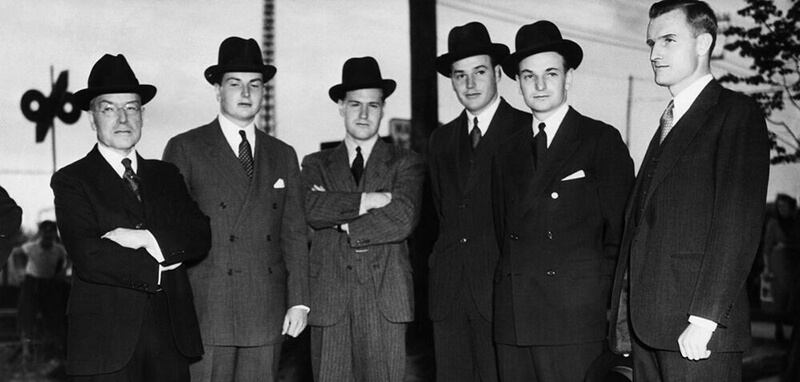
So they then, Senior and Gates, withdrew the bill from Congress in order to pass it as a state charter. They managed to do this with the support of a Rothschild agent from Germany named Robert Ferdinand Wagner I. He was a Democratic U.S. Senator from New York from 1927 to 1949. Born in Prussia, Wagner migrated with his family to the United States in 1885 and later became senator of the state of New York with Rockefeller money. Wagner was later a leader of the New Deal Coalition putting and a strong supporter of President Franklin D. Roosevelt. In 1913, New York Governor William Sulzer approved a state charter for the foundation with Junior becoming the first president and ranking Rockefeller as “the greatest philanthropist in American history’’.
References:
Passages selected from a book: Pokimica, Milos. Go Vegan? Review of Science Part 2. Kindle ed., Amazon, 2018.
Related Posts
Do you have any questions about nutrition and health?
I would love to hear from you and answer them in my next post. I appreciate your input and opinion and I look forward to hearing from you soon. I also invite you to follow us on Facebook, Instagram, and Pinterest for more diet, nutrition, and health content. You can leave a comment there and connect with other health enthusiasts, share your tips and experiences, and get support and encouragement from our team and community.
I hope that this post was informative and enjoyable for you and that you are prepared to apply the insights you learned. If you found this post helpful, please share it with your friends and family who might also benefit from it. You never know who might need some guidance and support on their health journey.
– You Might Also Like –

Learn About Nutrition
Milos Pokimica is a doctor of natural medicine, clinical nutritionist, medical health and nutrition writer, and nutritional science advisor. Author of the book series Go Vegan? Review of Science, he also operates the natural health website GoVeganWay.com
Medical Disclaimer
GoVeganWay.com brings you reviews of the latest nutrition and health-related research. The information provided represents the personal opinion of the author and is not intended nor implied to be a substitute for professional medical advice, diagnosis, or treatment. The information provided is for informational purposes only and is not intended to serve as a substitute for the consultation, diagnosis, and/or medical treatment of a qualified physician or healthcare provider.NEVER DISREGARD PROFESSIONAL MEDICAL ADVICE OR DELAY SEEKING MEDICAL TREATMENT BECAUSE OF SOMETHING YOU HAVE READ ON OR ACCESSED THROUGH GoVeganWay.com
NEVER APPLY ANY LIFESTYLE CHANGES OR ANY CHANGES AT ALL AS A CONSEQUENCE OF SOMETHING YOU HAVE READ IN GoVeganWay.com BEFORE CONSULTING LICENCED MEDICAL PRACTITIONER.
In the event of a medical emergency, call a doctor or 911 immediately. GoVeganWay.com does not recommend or endorse any specific groups, organizations, tests, physicians, products, procedures, opinions, or other information that may be mentioned inside.
Editor Picks –
Milos Pokimica is a doctor of natural medicine, clinical nutritionist, medical health and nutrition writer, and nutritional science advisor. Author of the book series Go Vegan? Review of Science, he also operates the natural health website GoVeganWay.com
Latest Articles –
Plant Based News
-
Some Dogs Can Sort Toys By Function, Says New Study On Canine ‘Label Extension’
on November 5, 2025
-
Courgette, Leek, White Bean And Kale Stew
on November 5, 2025
-
Precision Fermented Dairy Proteins Receive ‘No Questions’ Approval From FDA
on November 4, 2025
-
This One-Pan Ramen Is Ready In 30 Minutes
on November 4, 2025
-
How to Make Fresh Vanilla Hemp Milk at Home
on November 3, 2025
-
Animal Farming Is ‘World’s Biggest Cause Of Food Waste,’ Says Report
on November 3, 2025
-
Butter Bean And Sweet Papas Coconut Stew
on November 2, 2025
Top Health News — ScienceDaily
PubMed, #vegan-diet –
- Impact of in vitro digestion on the cytotoxicity and microbial viability of cholinesterase-inhibitor-rich vegan soups in human intestinal cell modelson November 1, 2025
Vegan lunch soups formulated with mushroom, asparagus, leek, and sea buckthorn were previously developed by our team to provide a consistent daily intake of dietary cholinesterase inhibitors. Considering the proposed continuous consumption of these functional soups, it is essential to examine any cytotoxic responses that may occur in the gastro-intestinal tract. This work starts this topic by investigating the effect of in vitro digested soups towards selected human intestinal cells and…
- A 6-Month, Prospective, Multi-arm Study for the Efficacy of Standardized Nutraceuticals to Improve Hair Fiber Thickness and Strengthon October 31, 2025
CONCLUSIONS: This study demonstrates that ingestion of these bio-specific HGNs are associated with significantly enhanced hair shaft diameter and decreased breakage, resulting in longer, stronger hair across their intended populations. These findings support the use of these HGNs for hair thinning, offering alternative options for various populations for improving hair growth and thickness.
- Consumer Acceptance of Sustainable Cat Diets: A Survey of 1380 Cat Guardianson October 29, 2025
There is increasing awareness about the adverse environmental and ‘food’ animal welfare impacts associated with the production of meat-based pet food. However, little is known about cat guardians’ acceptance of more sustainable food choices for the global population of approximately 476 million pet cats. By surveying 1380 cat guardians, this study explored feeding patterns used by guardians, determinants of their cat food choices, and their acceptance levels of more sustainable cat food…
- Consumer Acceptance of Sustainable Dog Diets: A Survey of 2639 Dog Guardianson October 29, 2025
Interest in more sustainable diets for the global population of 528 million companion dogs is steadily increasing, encompassing nutritionally sound cultivated meat, vegan, and microbial protein-based dog foods. Factors driving these alternative dog foods include lower impacts on the environment, fewer welfare problems related to intensively farmed animals and wild-caught fish, and potentially superior canine health outcomes, relative to conventional meat-based dog food. Through a […]
- Beliefs and behaviours associated with vegetarian, vegan, and gluten-free diets among Canadians capable of bearing childrenon October 29, 2025
There is increased interest in self-selected exclusionary diet patterns, specifically vegetarian, vegan, and gluten-free (GF) diets, but there is a lack of research exploring the beliefs and behaviours surrounding these diets in Canadians capable of bearing children (CCBC). The goal of this study was to explore the beliefs and behaviours of CCBC who follow vegetarian, vegan, and/or GF diets using mixed methods. A self-administered online Qualtrics™ survey containing 102 questions was […]
Random Posts –
Featured Posts –

Latest from PubMed, #plant-based diet –
- Diet quality scores and incidence of cardiovascular events: A 4-year prospective study of patients in cardiology secondary care (BALANCE Program Trial)by Aline Rosignoli da Conceição on November 5, 2025
As a modifiable determinant, dietary patterns are a crucial factor in the prevention of cardiovascular disease (CVD), as they account for more than half of all CVD-related deaths and disabilities. Thus, we aimed to assess whether changes in diet quality along with six a priori-defined diet scores were associated with the incidence of cardiovascular (CV) events during four years of follow-up of secondary care cardiology patients. We conducted a secondary prospective analysis of 1,704, 1,629 […]
- Dietary animal fat disrupts gut microbiota and aggravates Scl-cGVHD after allogeneic hematopoietic stem cell transferby Danielle D Millick on November 5, 2025
Allogeneic Hematopoietic Stem Cell Transplant (allo-HCT) is an effective treatment for high-risk or relapsed acute leukemia. However, the frequent occurrence of graft-versus-host disease (GVHD) poses significant complications. Modifiable factors such as the gut microbiome and dietary regimen have the potential to influence the frequency and severity of GVHD. Previous studies in mouse models have shown a direct link between obesity and increased severity of GVHD. Analysis of human data has not…
- Dose-response effects of a mixed condensed and hydrolyzable tannin extract on methane production and diet digestibility using the in vitro gas production techniqueby Jordan M Adams on November 5, 2025
Several studies have evaluated the impact of isolated condensed or hydrolyzable tannin extract (TE) supplementation for beef cattle on methane (CH4) mitigation and metabolic functions, but fewer have evaluated their combination. Our objective was to investigate changes in in vitro fermentation dynamics, CH4 production, neutral detergent fiber digestibility (ivNDFD), and ruminal volatile fatty acid (VFA) concentrations in response to the inclusion rate of a TE blend (Silvafeed ByPro; […]
- Discovery of urinary biomarkers of kiwifruit intake in a randomized intervention studyby Zilin Xiao on November 4, 2025
CONCLUSIONS: This study identified potential biomarkers of kiwifruit and developed a prediction model that may differentiate consumers. Further validation is necessary to confirm the reliability and generalizability of our findings.
- Nourishing the Skin: A Review of Diet’s Role in Hidradenitis Suppurativaby Jordan Beam on November 4, 2025
Hidradenitis suppurativa (HS) is a complex skin condition influenced by both genetic and environmental factors. Increasing evidence points to diet as a key contributor to disease severity through systemic inflammatory pathways. A review of recent literature was conducted to evaluate the relationship between dietary patterns and advancement of HS. Pro-inflammatory diets such as the Western diet, leucine-rich diets, and brewer’s yeast were associated with HS exacerbation through mTOR activation…
- Energy balance in cyclists on plant-based diets during a 30-day, 4300-km ride across Canada: Two case studiesby Sarah A Purcell on November 3, 2025
The popularity of ultra-endurance events and plant-based diets highlights the importance of understanding the energetics of athletes with diverse dietary preferences. This study examined energy balance in two recreational cyclists on plant-based diets (male, 41 years; female, 38 years) during a 30-day cross-Canada ride. Resting energy expenditure was measured via whole-room indirect calorimetry before and after the ride. Total energy expenditure (TEE) was assessed using doubly labeled water…
